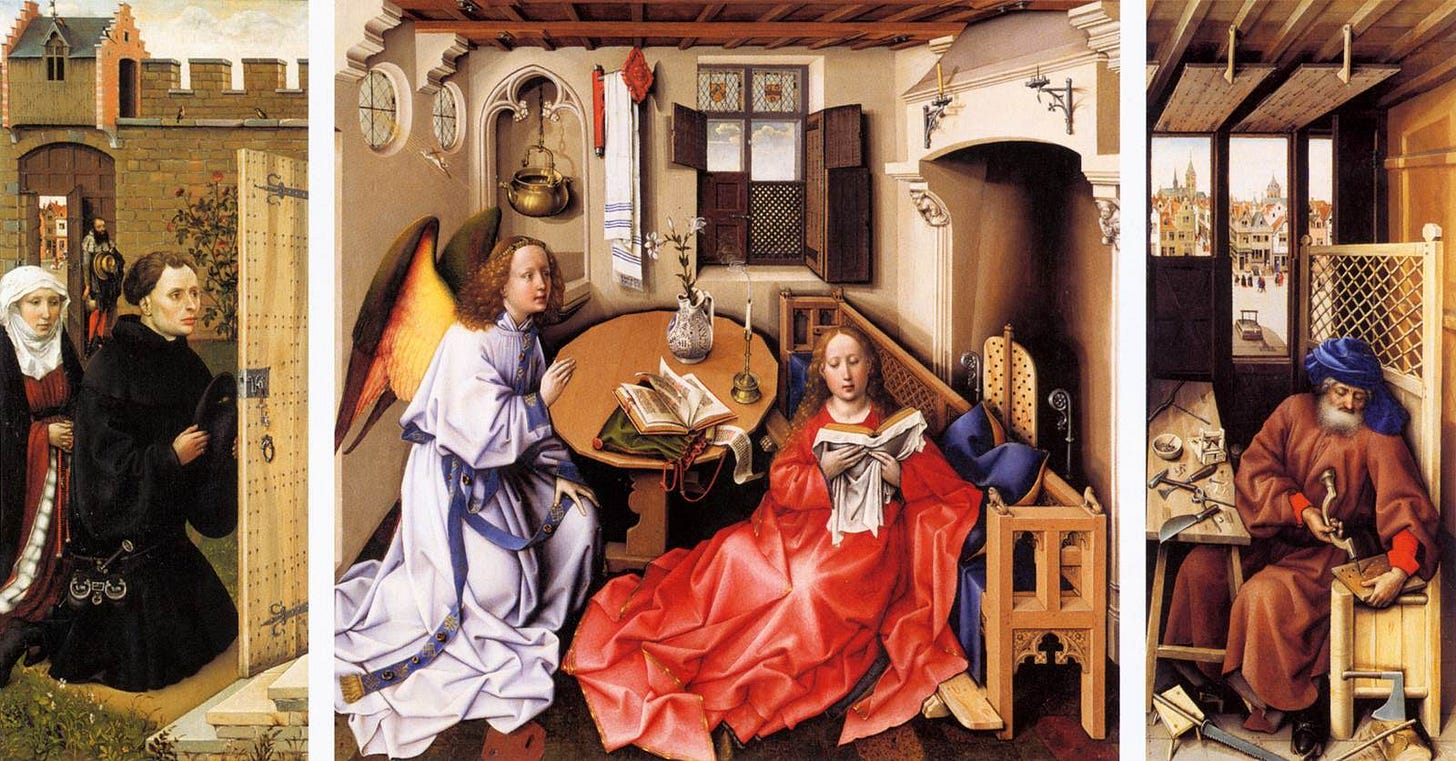Mercy that’s found in a mousetrap.
A Good Friday reflection with the help of St. Augustine.

Anyone who reflects upon the events of Good Friday will in short order recognize that there is little in them that could be considered good. Of course, the “goodness” of Good Friday is realized by what would occur three days hence. However, in those agonizing hours in and around Golgotha, nothing was good. Just the opposite was true, in fact. Jesus was dead, with the events leading up to his inglorious demise being comprised of no small amount of sordid scandal. One of his very own followers betrayed him. The rest fled from him. His closest confidant denied even knowing him. Witness after witness, though contrived, presented testimony after testimony of reproach and blasphemy. All had seemingly been for naught. That’s what it looked like, at least.
For all intents and purposes, and for all the apostles knew, their supposed Lord had failed. His dreams and declarations of the kingdom of heaven were all dashed, pounded to dust. Those aspirations died when he did. As swiftly as they had been swept up by the words of that Teach from Galilee, so, too, were regarded as a seeming deception. How could this be? Why would he do that to us? We thought he was the One! “But we trusted that it had been he which should have redeemed Israel,” the Emmaus disciples lament (Luke 24:21). Which I take to be indicative of the hearts of the rest of the apostles, too. Jesus’s death was the sorry fracturing of all their Messianic assumptions. But little did they know — or remember — that this was what God in Christ had been planning from the beginning.
“O fools, and slow of heart to believe all that the prophets have spoken,” Christ himself avers, “ought not Christ to have suffered these things, and to enter into his glory?” (Luke 24:25–26). Haven’t you been paying attention? Haven’t you been examining the words of your Heavenly Father? This is the point! Everything has been building up to this point when the Son of Man would take on flesh and bring about the world’s reconciliation. Which is just to say that the cross is no aberration. It is criminal but it is not accidental. “The greatest crime in the world’s history was at the same time the accomplishment of God’s most merciful purpose,” declares Rev. Alexander Maclaren. “Calvary is the highest example of the truth, which embraces all lesser instances of the wrath of man, which He makes to praise Him and effect His deep designs” (2:2.221).
What appeared to be abject defeat was actually absolute triumph. So far from being the scene of his condemnation, the cross is where sin is trampled in the spectacle of grace. It was victory disguised as death. This reminds me of that illustration St. Augustine uses when he likens Christ’s death on the cross to the divine “mousetrap” set by God himself. “The devil exulted when Christ died,” Augustine attests, “but by this very death of Christ the devil is vanquished, as if he had swallowed the bait in the mousetrap. He rejoiced in Christ’s death, like a bailiff of death. What he rejoiced in was then his own undoing. The cross of the Lord was the devil’s mousetrap; the bait by which he was caught was the Lord’s death” (182).
This snare was set long ago, from “before the foundation of the world” (Eph. 1:4; 1 Pet. 1:20; Rev. 13:8). And upon the Savior’s “it is finished,” the devil’s evil schemes are undone by a maw of unconditional pardon and unilateral love. That blasted dragon can’t do anything to untangle himself from the merciful mousetrap of our Lord, where “death is swallowed up in victory” (1 Cor. 15:54). The sin with which he so desperately wishes to allure you and I is done away. Gone forever. Covered under his blood. Cast behind his back (Isa. 38:17; 43:25; Jer. 31:34; Micah 7:19). And that, I believe, is what makes Good Friday “good.”
Grace and peace to you, my friends.
Works cited:
Alexander Maclaren, Expositions of Holy Scripture, Vols. 1–17 (Grand Rapids, MI: Eerdmans, 1944).
Augustine, quoted in Meyer Schapiro, “‘Muscipula Diaboli,’ The Symbolism of the Mérode Altarpiece,” The Art Bulletin 27:3 (September 1945).


